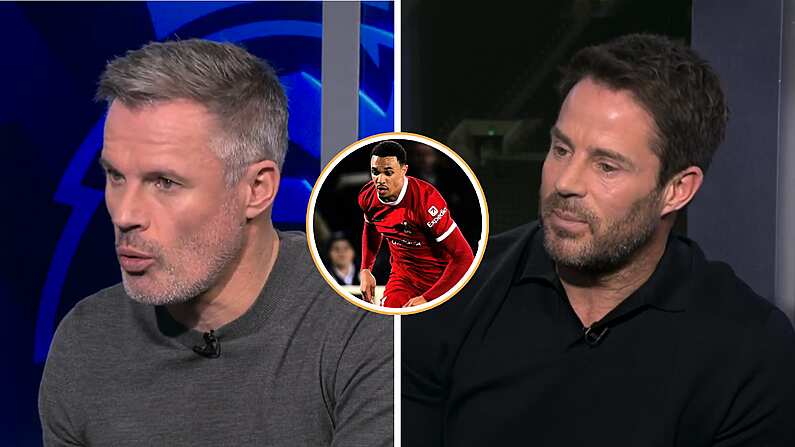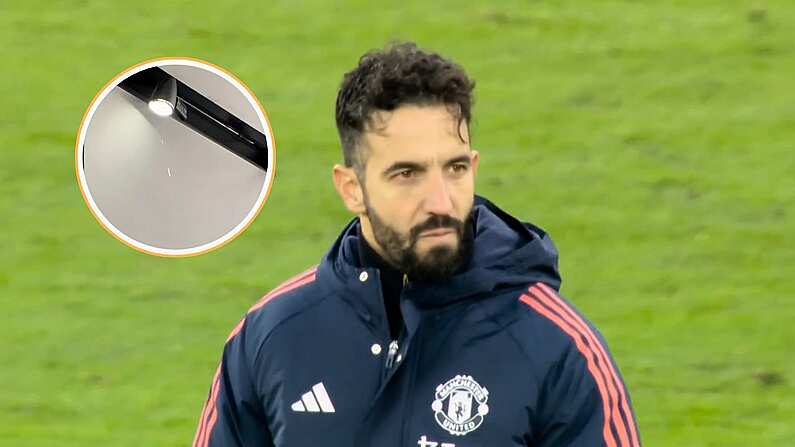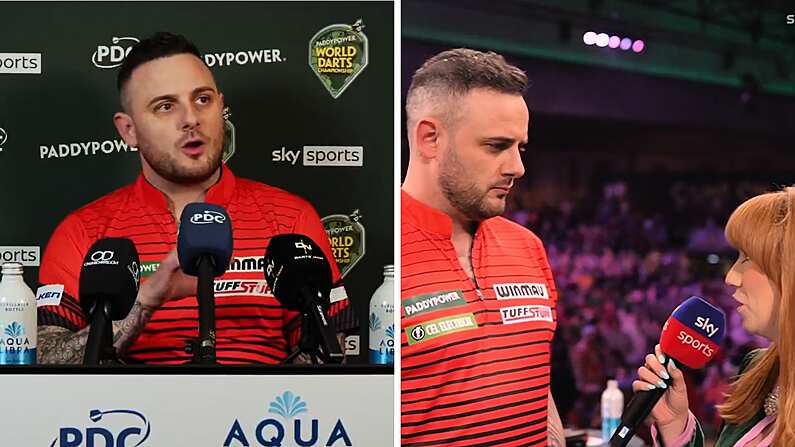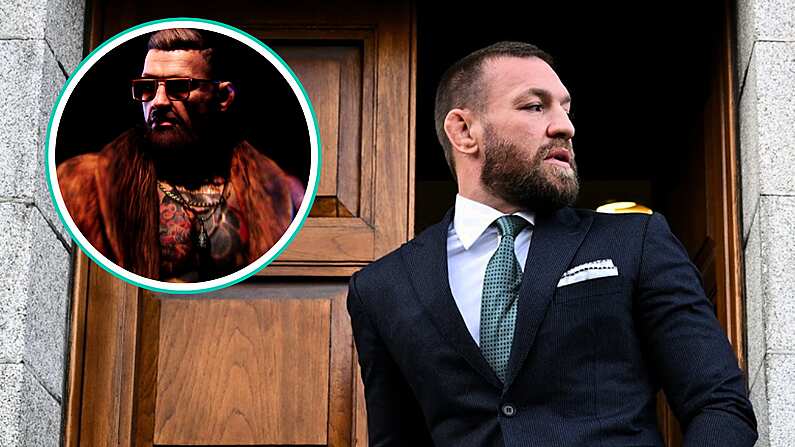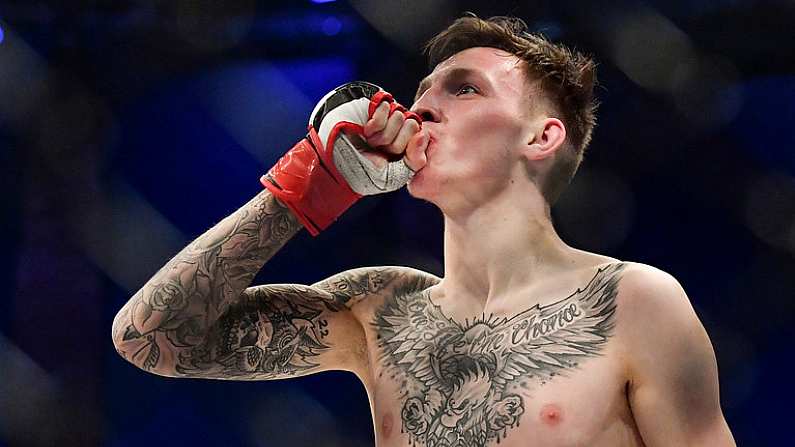Last weekend, much to the surprise of everyone (with the exception of Ariel Helwani), the UFC announced the return of their former heavyweight champion Brock Lesnar for a one-off bout at next month’s bumper UFC 200 event in Las Vegas. And even with the addition of one of the UFC’s most profitable ever draws to the card, the spectre of Conor McGregor still looms large over the biggest event in the company’s history.
It was widely known that a slot on the UFC 200 card was being held open for a marquee name to add star power to the event, particularly after the proposed main event of McGregor and Nate Diaz fell apart. The UFC made overtures to Georges St. Pierre, the greatest welterweight fighter of all time, to end his self-imposed retirement and make a comeback. Ronda Rousey, had she been fit or willing, is another who the top brass at Zuffa looked towards as providing the star power for this, the UFC’s milestone pay-per-view event.
In the end, they turned to a 38-year-old pro wrestler who hasn’t contested a mixed martial arts bout in nearly five years.
But why?
As per an ESPN report, the removal of Conor McGregor from UFC 200 could present a loss of earnings in the range of $45 million when you factor in lost pay-per-view and other ancillary sales and, if you want to make up those numbers, there are only three fighters who are big enough stars to provide a fill-up.
At this point Lesnar’s return to competitive fighting presents more questions than answers. While his WWE contract is essentially a part-time one, it’s unlikely that he has been able to maintain any semblance of an MMA training schedule while being a WWE employee. The narrative being pushed forth by both Lesnar and the UFC is that the stomach ailment he suffered from in his initial UFC run was so debilitating that he couldn’t come close to realising his potential – yet he still won UFC heavyweight gold while afflicted with diverticulitis, so imagine what a now fully healthy Brock Lesnar can achieve.
And look, Brock Lesnar is a natural athlete. It’s entirely possible that he possesses the grappling tools to overwhelm Mark Hunt, take him down and pound him for three rounds or until the referee says otherwise. Hunt, though, is unquestionably the hardest hitter in the UFC. His takedown defence is as good as anyone on the heavyweight roster and, most importantly, he’s fought nine times since Lesnar hung up his gloves so, on paper at least, this doesn’t appear to be a particularly competitive fight.
That’s not entirely the point, however.
Lesnar provides something to UFC 200 that Dana White craves – crossover appeal. Brock will bring with him hordes of WWE fans, eager to see what ‘The Beast Incarnate’ can do in a real fight. That’s the trade-off. While Lesnar v Hunt doesn’t have the completive appeal or the backstory of McGregor v Diaz, it will go some way to achieving the same monetary goals that the UFC are fixated upon for this event.
The UFC aren’t beyond embracing the ‘sports entertainment’ side of things every so often, with Randy Couture’s incredibly non-competitive bout with pro boxer James Toney coming to mind, and while Lesnar is an immeasurably better mixed martial artist than Toney, this still seems more spectacle than sporting contest.
And the reality is that it's almost a necessity.
With the McGregor v Diaz rematch now officially scheduled for UFC 202 and, along with UFC 200, to be housed within the newly built 20,000 capacity T-Mobile Arena, it won’t be long before we see exactly what the Conor McGregor show would have brought to UFC 200’s promotion.
Fans will no doubt point to the importance of Jones vs Cormier but without that one big draw, even if it is for one night only, the UFC were seemingly on a hiding to nothing.
Lesnar’s inclusion is a fascinating sidestep by Dana White and we’ll know in just over a month if McGregor has truly assumed the mantle of being the top draw in the company’s history when we compare the buy rates for the two events. Whatever happens, though, over the course of the next few weeks, we’re staring down one of the more interesting times in the UFC’s history and even when he’s not fighting, Conor McGregor is central to the discussion.


